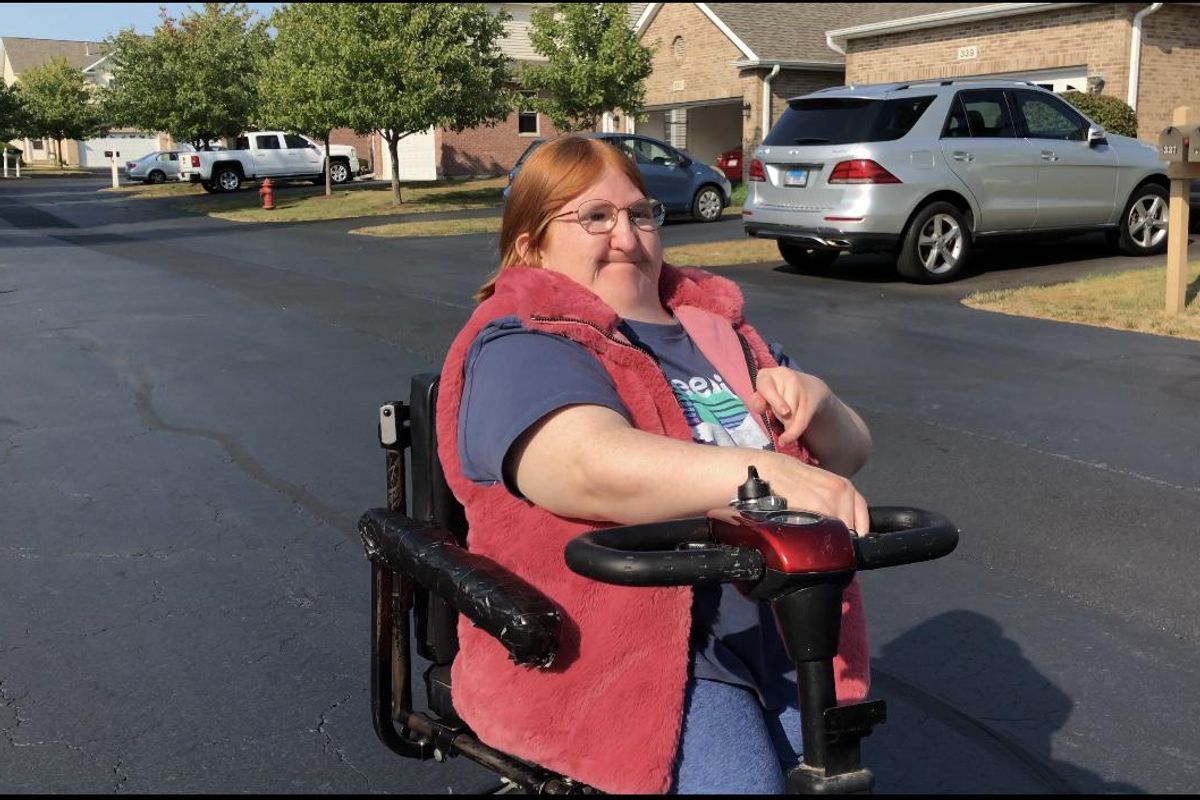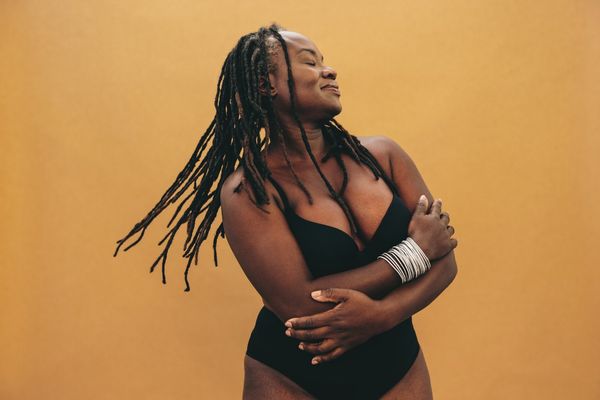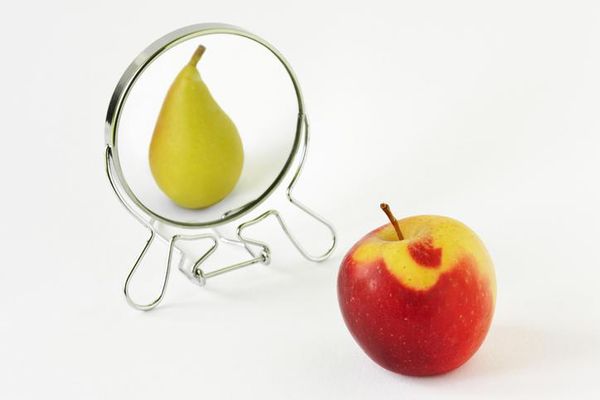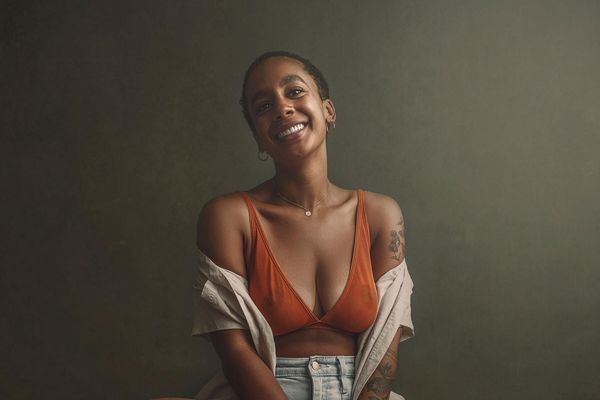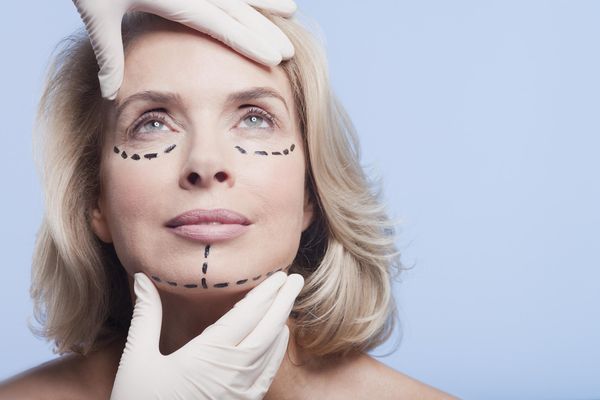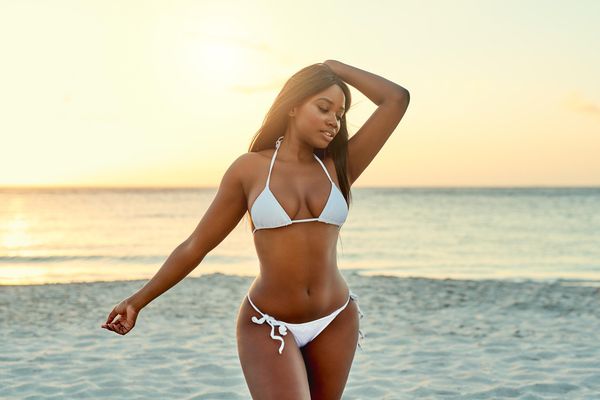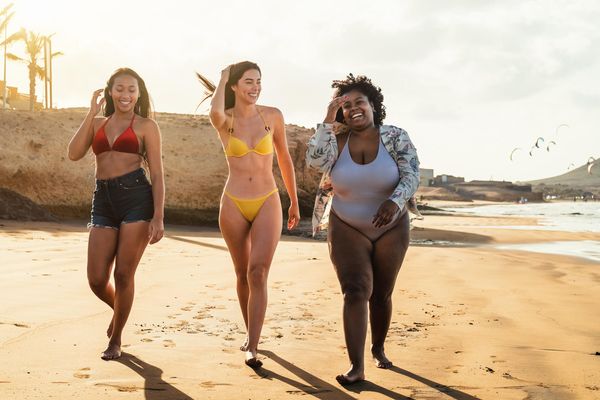I recently started re-reading some of my old journals. I like to do this from time to time because I usually find myself seeing my past in a new light that teaches me something, especially as I get older.
Each night, I’d read several entries; some were a mere recounting of the day’s events while others expressed that all-too-common yearning of teenage crushes.
It seemed pretty harmless and just as I remembered things happening at the time.
But then I noticed something I’d never really paid attention to before: So many entries were littered with words like “fat” and “ugly” — there might have even been a “disgusting” in there too.
This is how I wrote about myself, using the cruelest of words. I wrote about how I needed to lose weight and how no one guy would ever love me because I was so ugly.
To say that I was stunned as I read what I had to say about myself is an understatement. But when I thought about it through the lens of my disability, I suppose it was inevitable that I would struggle with feelings of self-worth and loving myself, especially in the face of our society’s toxic beauty standards.
I was born with Freeman-Sheldon syndrome, a genetic bone and muscular disorder. I had some 25 surgeries by the time I turned 15 and spent my childhood and teen years in a haze of hospital stays, doctors appointments and what seemed like one surgery after another. I had surgeries to straighten joints and muscles in my hands, knees and hips as well as surgery to correct scoliosis. In a weird way, those medical days were sort of comforting; no matter how serious the surgeries were, everything turned out alright.
Plus, for the first 15 years of my life, hospitals served as a cocoon of sorts, wrapping me up and shielding me from the outside world. I knew what to expect every time I rolled through those doors in my wheelchair — I had the hospital-stay routine down to a science (no pun intended) and each time became a little less scary.
As I got older, I learned pretty quickly that my disability made me different — and for the most part, I could handle being different. I could handle all that medical stuff. I could handle using a wheelchair to get around. And yes, they might not have been the epitome of fashion, but I could even handle wearing basic, clunky custom-made orthopedic shoes. Sure, it could all be frustrating at times, but I’ve learned to adapt to the physical challenges of being disabled.
But no amount of surgeries or hospital stays could have prepared me to face life outside those white walls. Inside the hospital, I felt safe and accepted, but outside the hospital? Well, that was a completely different story. It’s a story that I’ve only just begun to unpack in the last few years. It’s a story about identity and how our society views disabled people. And, ultimately, it’s a story of a society that is harsh and unforgiving and toxic (not to mention full of mixed messages) when it comes to beauty standards.
Of course, these toxic beauty standards aren’t something I learned overnight; turns out, it was a far more insidious process, one that started when I was young. I watched Disney movies with beautiful princesses and put on elaborate fashion shows with my Barbie dolls. I even idolized models in magazines, with their flawless skin and perfect hair. Everything from TV shows and movies to the ads I saw in magazines sold this idea of beauty that women, especially, should aspire to. I kept seeing this message over and over, popping up like a neon sign that flashed, “You must look like this!”
By the time I reached my early 20s, what had started out as just an idea of beauty had turned into a full-fledged standard — and a toxic standard at that.
How you should look.
How you should dress.
How you should wear your hair.
Our society has a very narrow definition when it comes to beauty, and if you’re not flawless with perfect proportions, then you’re left out of the pretty people club. There’s no room for even the slightest deviation, which makes it all feel so oppressive sometimes.
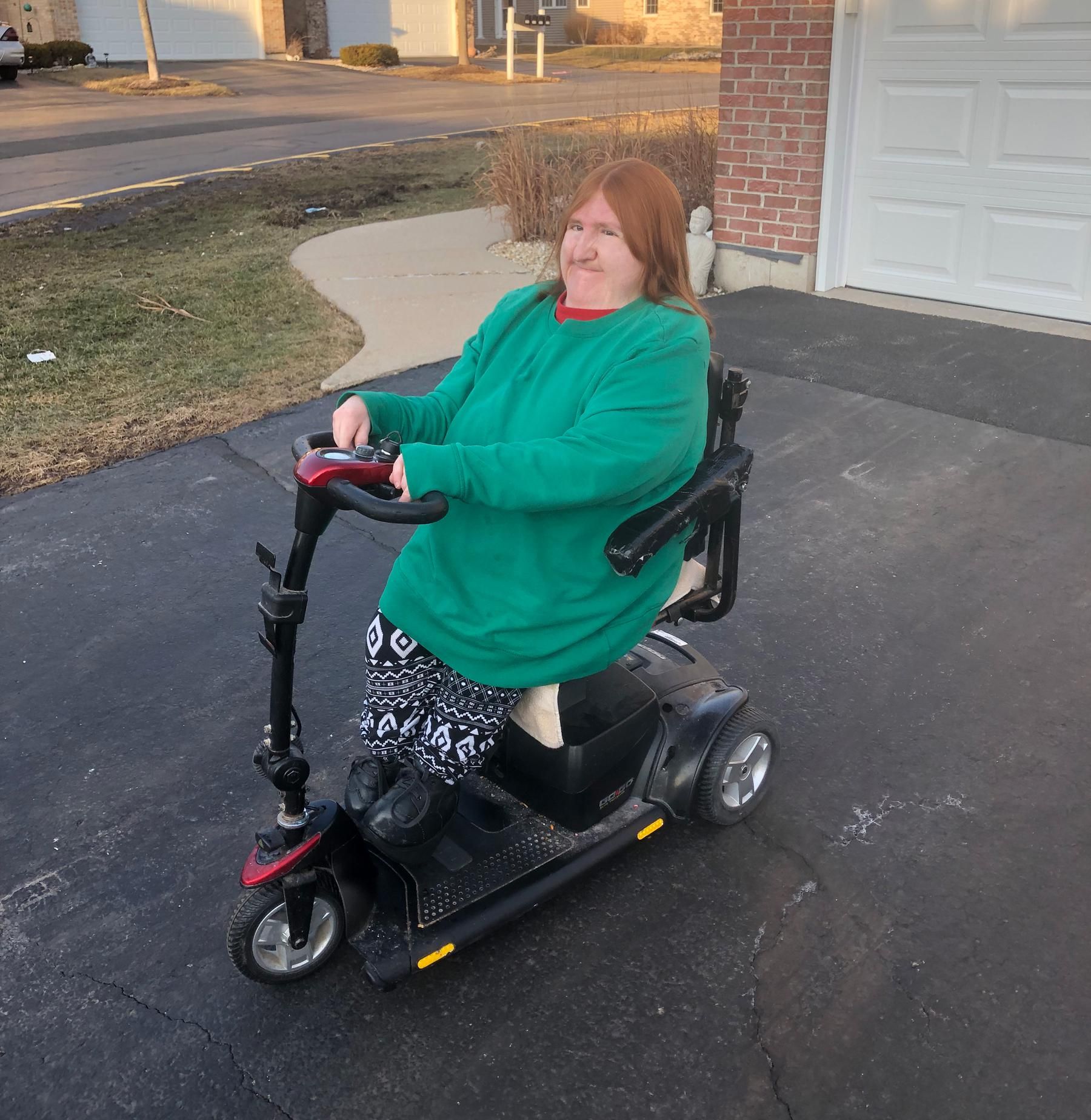
Disabilities are never included in that definition and, honestly, I’m not surprised. When you spend your entire life in a disabled body like I have, you get a front-row seat to how society views disabilities. They’re seen as gross and unattractive — and disabled people are seen as broken. Broken, in the eyes of the world, can never be beautiful. So people like me forever exist outside the lines, far away from even being considered pretty, let alone beautiful.
Even worse, social media has only fueled the pressure to be perfect. These days, I can’t even open Instagram without seeing this quest for perfection play out in real time. People share their reality in photos and reels and the temptation to “touch up” that reality has never been stronger. A photo filter here and a full face of makeup there and — poof — reality isn’t reality anymore. Sure, I’ve found myself using a filter to get better lighting or to make my face glow. In the end, the photo may have popped more, but it wasn’t authentic and only reinforced the pressure the next time I posted.
In 2019, the last thing I expected to do was take a very public stand against toxic beauty standards, but that’s exactly what happened. After a troll commented that I should be banned from posting selfies because I was too “ugly,” I posted not one, but three selfies as a defiant response.
Ugly.
There it was again. The word I’d scribbled in my diary so many years ago. Ugly is how I felt for so many years, all because I’d internalized society’s definition of what beauty should be.
That nasty comment probably would have broken teenage me, but 2019 me had come a long way in loving and accepting herself. With my multiple-selfies response, I wanted to let trolls know that they wouldn’t get to me, but I also wanted to start a conversation about how ubiquitous and damaging these toxic beauty standards have become.
Thankfully, that conversation is still going strong today, and it’s even led to a book deal for me. I’m currently writing my first book called “Beautiful People” about living with a disability. In fact, there’s a whole chapter about how the words “beautiful” and “disabled” belong in the same sentence.
The truth is, our culture’s beauty standards aren’t just unrealistic, they’re toxic and unattainable. I’ll never stop speaking up about that — not just for me, but for disabled people everywhere.
And I hope that after reading this, you’ll take some time to think about how important it is to find the beauty in everyone, including people with disabilities, too.
Pretty please.

